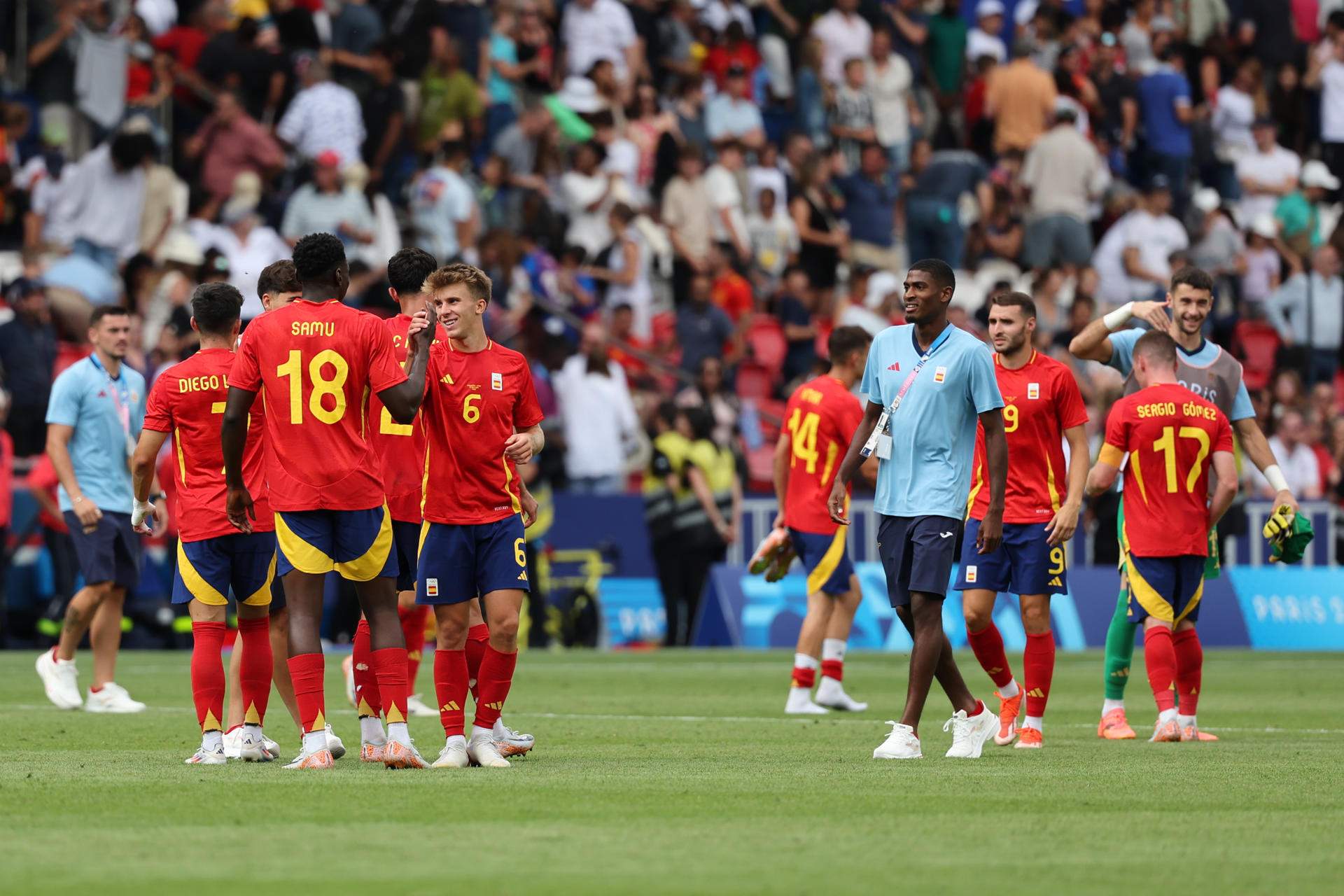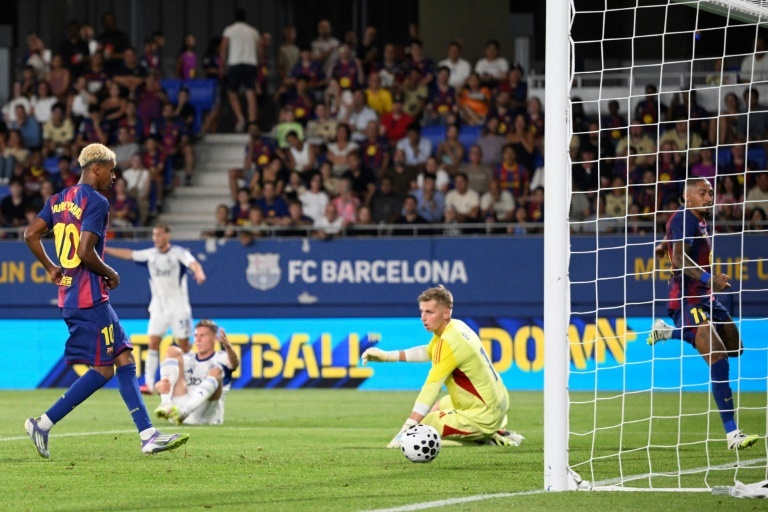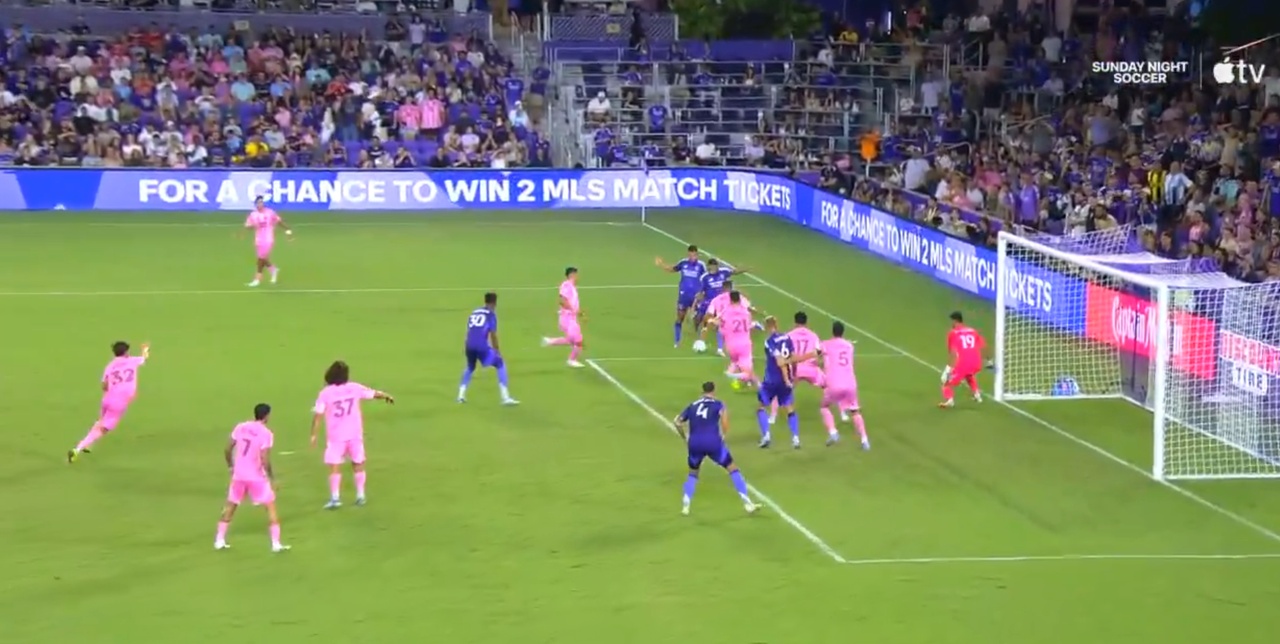Why the endless add-on times at the Olympic Games?

FIFA is testing a system for measuring time-wasting through video refereeing. In Matchday 1, the Argentina-Morocco game was added 15 minutes in the second half, but it was not the only match with an excessive amount of added time compared to what has been the norm in recent times.
1 year ago
The Argentina-Morocco game on the opening day of the Olympic football tournament went down in the history of major competitions. Time wasting in the second half led to a 15-minute extra time at the end of which the ‘Albiceleste’ managed to snatch an agonising equaliser. The lack of decorum of the crowd in Saint-Etienne further clouded events: the match had to be interrupted after the goal by the throwing of a firecracker and many other objects fell into the Geoffroy-Guichard amidst scenes of real embarrassment.
Both the referee and FIFA advocated for the match to be abandoned, but the VAR still had to review the equaliser for an allegedly unlawful position that ended up disallowing Argentina's equaliser. After two hours in which it was not clear whether the match was over or not, the Argentinians and Moroccans were forced to take to the pitch again for three more minutes without a crowd.
A major scandal that began with an endless extra time added on by Glenn Nyberg, the Swedish referee in charge of the match. Was a lot of time wasted during the second half? Yes, enough to add a quarter of an hour? Probably not, but this decision is part of a trial run by FIFA at the Olympic tournament to have the stoppage time decided by video refereeing.
What happened in the match between the South Americans and the Africans was not an isolated incident. In the second half of the Uzbekistan-Spain match, which was played at the same time, an extra eight minutes were added on after 90 minutes, although in that case there was some justification for this as two penalties had been awarded in the second half.
The long added time continued with 13 minutes in the Guinea-New Zealand match which ended 1-2 in favour of the Oceanians. In Iraq-Ukraine, which the Asians won 2-1, 12 minutes were also added in the second half. Even in Japan-Paraguay or France-USA, which ended 5-0 and 3-0 respectively, 6 and 8 minutes were added.
Although it is too early to say whether this rule is here to stay in football, it seems that its use at an event such as the Olympic Games suggests that it will soon be incorporated into major competitions. In Paris, a referee is in charge of recording in the VOR room the time lost due to players being attended, VAR reviews and extra-football issues.
Both the referee and FIFA advocated for the match to be abandoned, but the VAR still had to review the equaliser for an allegedly unlawful position that ended up disallowing Argentina's equaliser. After two hours in which it was not clear whether the match was over or not, the Argentinians and Moroccans were forced to take to the pitch again for three more minutes without a crowd.
A major scandal that began with an endless extra time added on by Glenn Nyberg, the Swedish referee in charge of the match. Was a lot of time wasted during the second half? Yes, enough to add a quarter of an hour? Probably not, but this decision is part of a trial run by FIFA at the Olympic tournament to have the stoppage time decided by video refereeing.
What happened in the match between the South Americans and the Africans was not an isolated incident. In the second half of the Uzbekistan-Spain match, which was played at the same time, an extra eight minutes were added on after 90 minutes, although in that case there was some justification for this as two penalties had been awarded in the second half.
The long added time continued with 13 minutes in the Guinea-New Zealand match which ended 1-2 in favour of the Oceanians. In Iraq-Ukraine, which the Asians won 2-1, 12 minutes were also added in the second half. Even in Japan-Paraguay or France-USA, which ended 5-0 and 3-0 respectively, 6 and 8 minutes were added.
Although it is too early to say whether this rule is here to stay in football, it seems that its use at an event such as the Olympic Games suggests that it will soon be incorporated into major competitions. In Paris, a referee is in charge of recording in the VOR room the time lost due to players being attended, VAR reviews and extra-football issues.







Comments